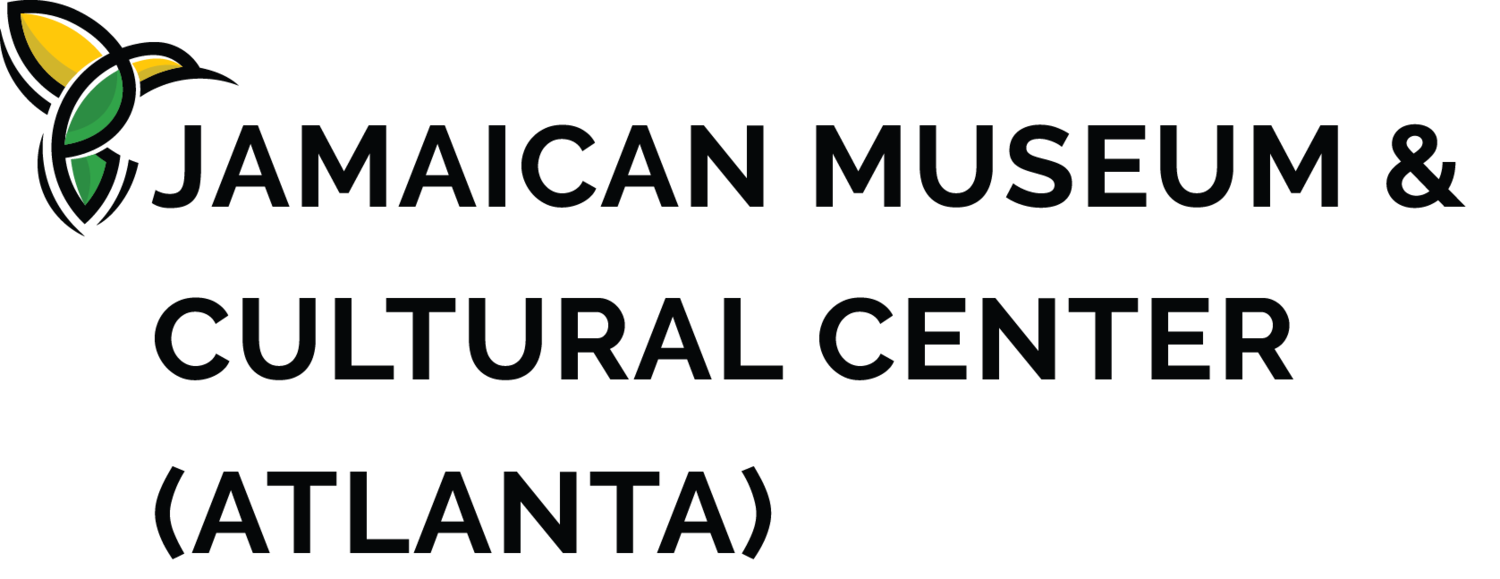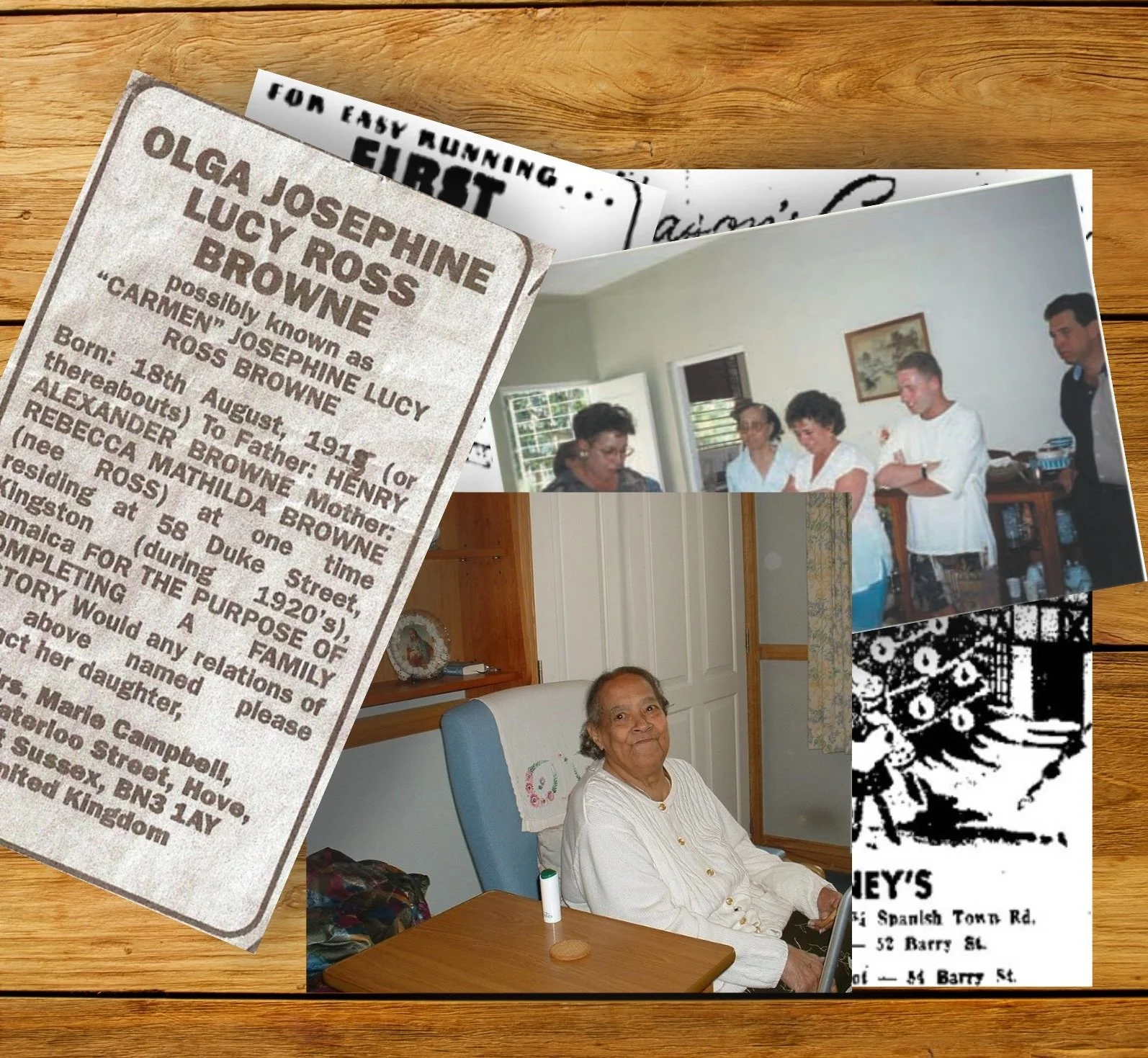Who shall be Jamaica’s Next National Hero?
Jamaica is a country rich in history and culture, with a proud tradition of celebrating its national heroes. These heroes are individuals who have made significant contributions to the development of the country, and whose actions and achievements have inspired generations of Jamaicans. From Nanny of the Maroons to Marcus Garvey, the National Heroes have helped shape the country's identity and history. However, as Jamaica continues to evolve and face new challenges, ongoing discussion about the relevance of the National Heroes have risen. While many have proposed the addition of new National Heroes, including Lisa Hanna, who formerly took to parliament to advocate for the induction of Bob Marley, others have questioned whether National Heroes are still culturally relevant for a modern Jamaica. In fact, The Gleaner reported that a poll conducted in 2022 resulted in 55% of respondents saying they could not think of anyone who should be conferred to the Order of the National Heroes. Cultural analyst and and senior lecturer at the University of the West Indies, Dr. Donna Hope, agrees, as she explained, “I think we really have to be very careful as to how we go about apportioning that notion of heroine or hero status to individuals," to The Gleaner.
The Case for Diversity and Modernity
Others have argued that a new national hero would help to keep Jamaica's history and culture relevant and alive. Jamaica's current national heroes are all historical figures who made significant contributions to the country's development many years ago. While their legacies continue to inspire Jamaicans today, a new class of national heroes would provide a platform to showcase Jamaica's diversity and inclusivity, and reflect the struggles of present-day Jamaicans. Assistant Lecturer at University of the West Indies, Saundrie Shaw, proclaims that, while the concepts of Heritage Week and National Heroes' Day remain relevant, the matter of discussions, teaching and representation is perhaps what needs updating. She explains, “as societies evolve, so too will the icons and heroes; so too will their causes.” This is especially important as many have noted the absence of women among the National Heroes, with Nanny of the Maroons being the only woman included. By naming a new national hero, Jamaica would have the opportunity to celebrate the diversity of Jamaican people and the nuances of their experiences, and show that all Jamaicans have the potential to be heroes.
Potential Heroes
Acting General Secretary at JMCC, Rohan Budhai, has compiled a list of potential candidates to be named to the Order of National Heroes:
“With pure disregard for the criteria used to measure National Hero status, the personalities and their contribution to Jamaican nationhood are summarized below. They represent a new generation of outstanding Jamaicans who have graced our country’s shores. Hopefully, this attempt at identifying new potential National Heroes will be reasonably debated by the Jamaican authorities and populace.”
Some heroic Jamaicans in the pre-Independence period were previously overlooked as National Heroes. Likewise, there are also some distinguished Jamaicans that should be considered. Both sets will be outlined hereunder. After all, they are all potential heroes in their own right. We start by looking at some earlier potential heroes deserving of top honors butwere previously overlooked:
CUDJOE
British Colonel Guthrie and Jamaican Maroon Leader Cudjoe sign a treaty to end the First Maroon War In Jamaica
Many Jamaicans question how the great Maroon leader, Cudjoe, was not made a National Hero. After all, Cudjoe and his rag-tag band of guerrillas had fought the British army to a standstill, and he played a pivotal role in organizing and leading the Maroons in their resistance against the British colonial forces in the early 18th century. He was known for his tactical skills, bravery, and ability to unite different Maroon factions. Cudjoe's leadership and determination were instrumental in securing the rights and freedoms of the Maroons, who were granted land and autonomy when he signed a treaty with the British. The Maroon’s significant contribution to Jamaican nationhood is unquestionable. As such, Prince Cudjoe is worthy of the ultimate honor.
TACKY
Tacky is another Jamaican that has potential for the ultimate national status. The Tacky rebellion of 1760 in Saint Mary was a watershed event signifying the turning point in the relations between planters and enslaved people in Jamaica. . It was the largest rebellion in the colonies at that time, sending alarm bells all the way to the American mainland. Tacky’s rebellion was said to have significantly influenced the Haitian Revolution some thirty (30) years later, in 1791. Just as Cudjoe had earlier humbled the mighty British Empire, the enslaved Haitians had vanquished the armies of the great Emperor Napoleon. Tacky’s uprising was definitely a defining moment in Jamaica’s history.
LEONARD HOWELL
Leonard Howell may be relatively unknown to many Jamaicans, however, Mr. Howell is the original GONG credited for establishing the Rastafarian movement in Jamaica. This movement is now a global phenomenon consisting of over 4+ million followers, which is more than the population of his native Jamaica. Howell’s Rastafarian movement has survived for almost a century which is quite an achievement for a supposedly back-bush aggregation. In addition, the Rastafarian movement currently seats members in the British and Jamaican Parliaments. Leonard Howell deserves the highest national honors for contributing to Jamaican culture and nation-building. He is also credited for providing a contrast to the established teachings of Christianity.
Below are some of the outstanding post-Independence Jamaicans worthy of consideration.
BOB MARLEY
What is there to say about Bob Marley? He has said it all. Mr. Marley is Jamaica’s most famous ambassador, significantly influencing local and international culture. How can you deny National Heroship to a person whose album, Exodus, is honored by Time Magazine as the Album of the Century? Also, Marley’s song, ‘One Love,’ was chosen by BBC as the ‘Song of the Century. Mr. Marley, called the GONG in tribute to Leonard Howell, genuinely deserves National Hero status.
LOUISE BENNETT
Louise Bennett performing during a programme in the Anacostia Neighbourhood Museum's Jamaica Festival in Washington, DC, in 1969.
Miss Lou’s positive contribution to Jamaica’s social construct is undeniable. She is everyone’s mother, grandmother, storyteller, poet, and singer. Two generations and more of Jamaicans have enjoyed Miss Lou’s promotion of our rich culture. This lady has done the most to keep Jamaican oral tradition alive, locally and throughout its diaspora. Miss Lou is a Jamaican cultural icon of the highest pedigree that should have already been celebrated and given top national honors.
MICHAEL MANLEY
Michael Manley on the One Thousand Dollar bill.
Michael Manley is undoubtedly a giant of Jamaica’s post-Independence development. Consequently, there is a general consensus that Mr. Manley should be considered for National Hero status. Mr. Manley is vilified by many but is continuously referred to as Jamaica’s most transformational Prime Minister. He is well deserving of National Hero honors.
EDWARD SEAGA
Edward Seaga, like Manley, played a pivotal role in Jamaica’s development during the 1970s – 1980s. Unfortunately, like Manley, he has also been equally disparaged by a broad cross-section of Jamaica. However, there is no doubt that Mr. Seaga’s contribution to Jamaica is immeasurable, and has been referred to as the country’s finest-ever Finance Minister. Mr. Seaga is also well deserving of National Hero status.
USAIN BOLT
Usain Bolt won a gold medal 200m sprint race at the Rio 2016 Summer Olympic Games.
Usain Bolt is a living legend whose legendary status extends throughout the world. The international mark Mr. Bolt has set in athletics is yet to be surpassed. His 100m world record established in China at the 2008 Olympics seems here to stay. Mr. Bolt has already been conferred the status of Ambassador- at-Large. Still, his contribution and loyalty to Jamaica are unsurpassed. His legacy will always be a matter of pride for all Jamaicans. What better person to present with the ultimate national honors than a living legend?
BUTCH STEWART / CARLTON ALEXANDER
Potential heroes of Jamaica must include the successful captains of our industrial development? Two potential nominees in this category are Mr. Butch Stewart and Mr. Carlton Alexander. Both men are indeed industry giants that have placed Jamaican entrepreneurship on the world stage. Stewart has built a successful hospitality service called Sandals. In contrast, Alexander has managed one of the few true Jamaican conglomerates, Grace Kennedy.
KAPO
Another invitee to the National Hero podium is Mallica ‘Kapo’ Reynolds, recently honored by the Jamaican Government. Mr. Reynold’s inclusion on this List of National Heroes may seem surprising. However, Kapo was one of Jamaica’s premier ‘Obeah-Man.’ This practice is an accurate representation of the religious beliefs of our African ancestors. Although Jamaica has a complex history with the regulation of and persecution of Obeah, it represents one of the few remaining linkages to the African motherland. As a National Hero, Kapo brings Jamaica face-to-face with its African past.
TOMB OF THE UNKNOWN INDIGENOUS JAMAICAN
It is suggested that a Tomb of the Unknown Indigenous Jamaican be erected in the National Heroes Park to honor the early indigenous inhabitants of the country, the Tainos.
TOMB OF THE UNKNOWN SLAVE
Another symbolic gesture is the erection of a Tomb of the Unknown Slave. Such a monument would be a fitting memorial to all the Africans slaves that died in Jamaica.
So there it is: a list of potentially new National Heroes to be considered. There are just too many Jamaicans that are solid candidates for nomination to the apex of national honors. Hopefully, we will see some changes in the near future.
Rohan Budhai for Jamaican Museum & Cultural Center (Atlanta)









